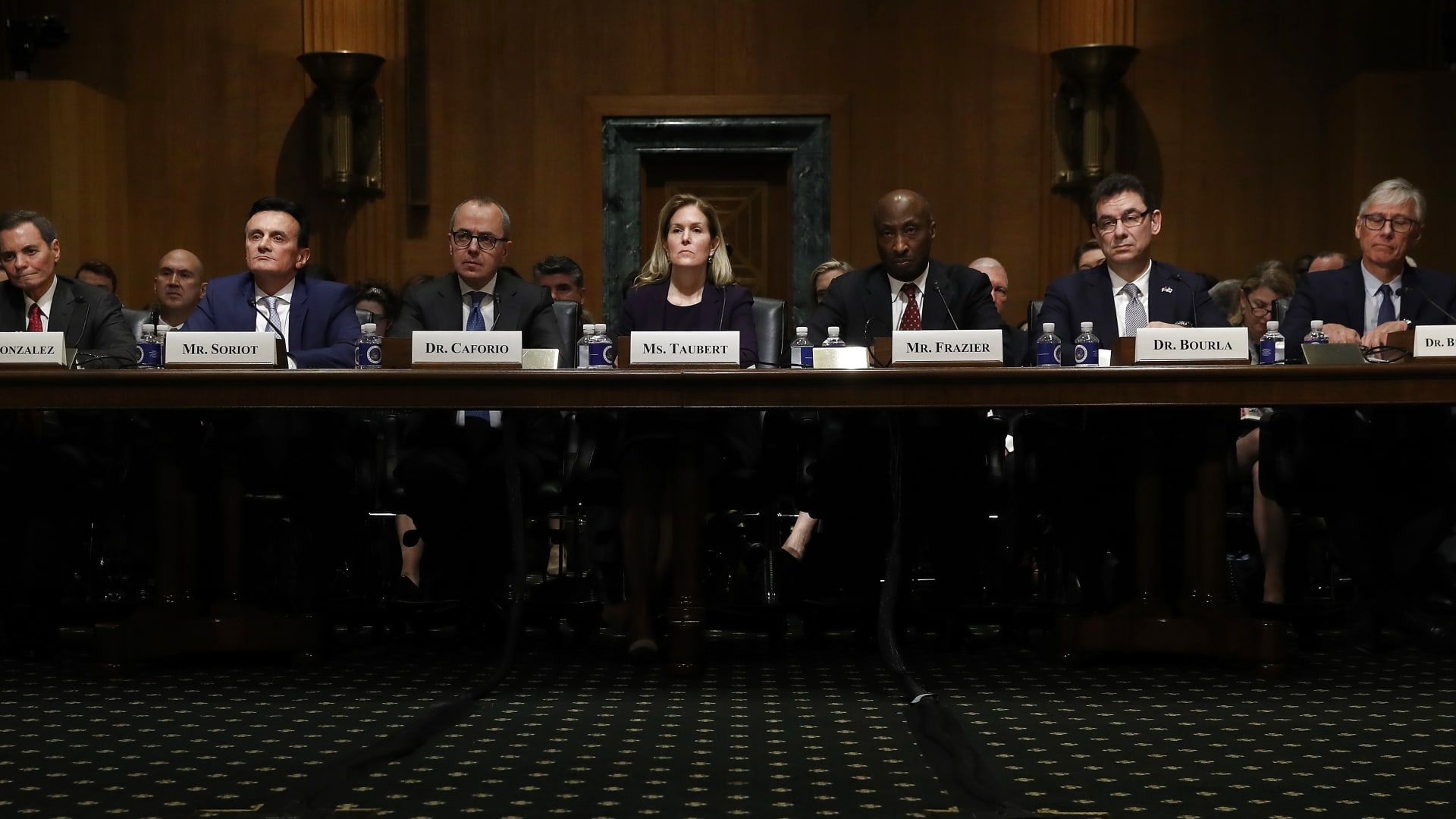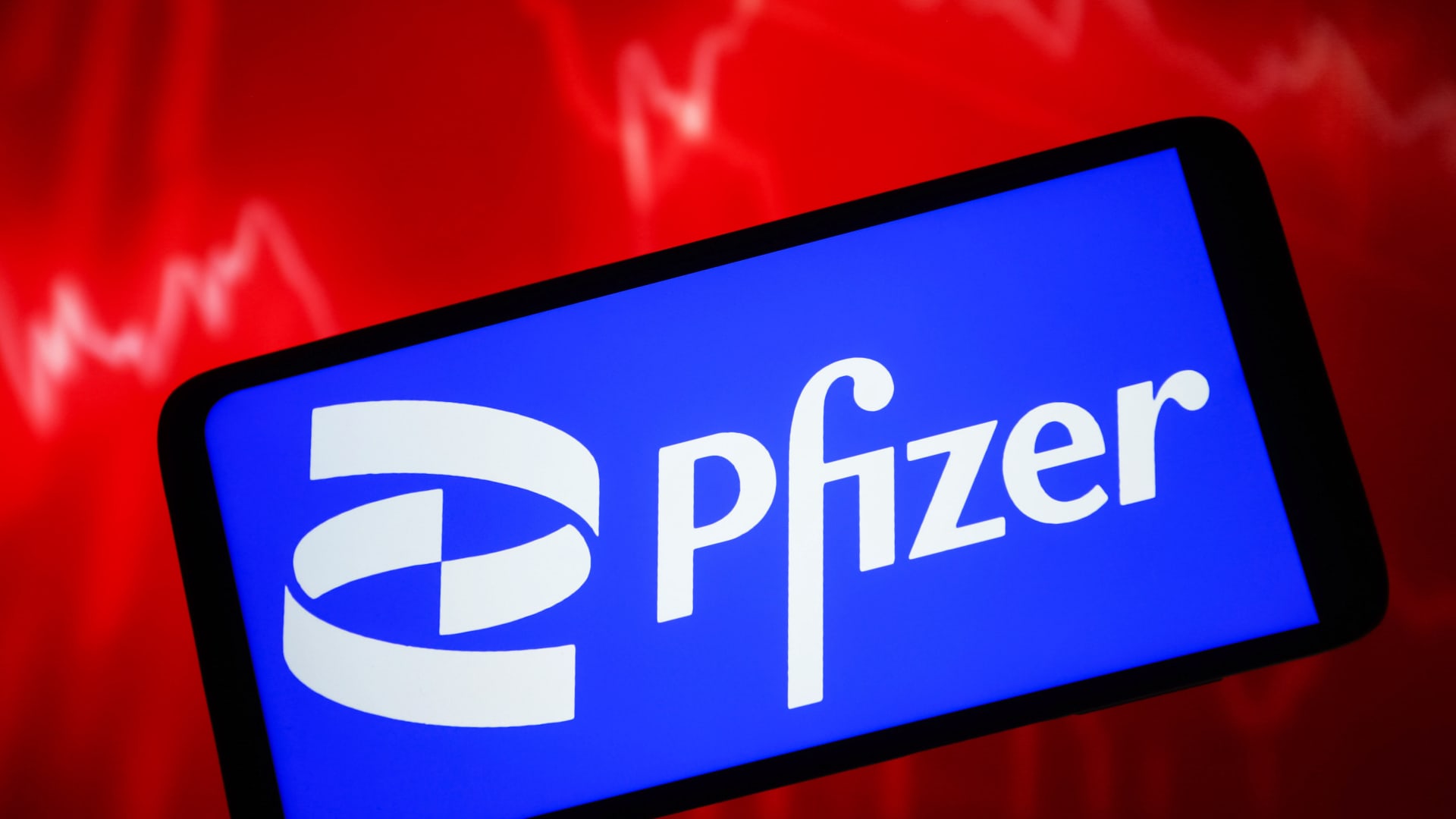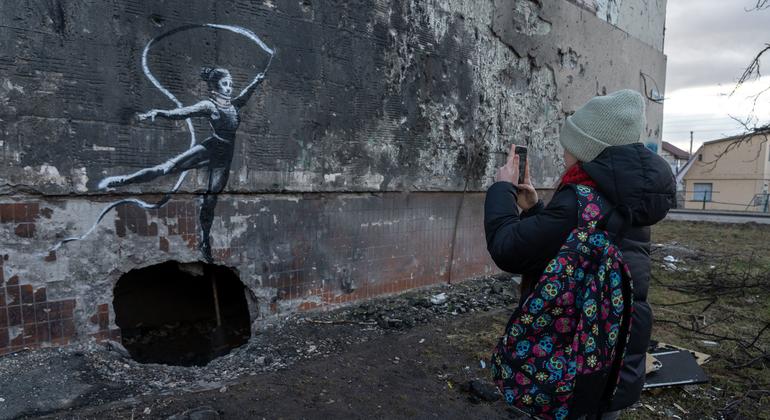President Joe Biden speaks during an event at the National Institutes of Health in Bethesda, Maryland, Dec. 14, 2023.
Chris Kleponis | Bloomberg | Getty Images
Do you think a friend or colleague should receive this newsletter? this link with them to register.
Good afternoon! The first round of negotiations on Medicare drug prices has come to an end, but we still don't know the final prices agreed upon by the U.S. government and pharmaceutical companies.
Medicare will release new negotiated prices for 10 drugs in early September. Those prices will go into effect in 2026.
Still, drug companies appear less concerned about the impact these new negotiated prices will have on their businesses than they have been in recent months, at least in the short term. All argue that Medicare drug price negotiations are a long-term threat to pharmaceutical industry innovation and profits, but the immediate situation has calmed somewhat.
This is based on comments from executives during recent quarterly earnings calls. Bristol-Myers Squibb and Johnson and Johnsonamong other companies.
President Joe Biden’s Inflation Reduction Act gave Medicare the power to directly negotiate drug prices with manufacturers for the first time in the federal program’s nearly 60-year history. The process is aimed at making expensive drugs more affordable for older Americans.
On July 26, Bristol Myers Squibb CEO Christopher Boerner confirmed that the company had received the government's final price for its blood thinner Eliquis, which it shares with Pfizer.
He said that now that the company has seen that price, it is “increasingly confident in our ability to manage the impact” of Medicare drug pricing negotiations on the treatment. Bristol Myers will provide more details about the expected impact on its investor relations website once Medicare publicly reveals the final prices, according to Boerner.
Meanwhile, AbbVie Chief Executive Robert Michael said a day earlier that the drugmaker had factored into its financial guidance the expected impact on sales of its top-selling leukemia drug, Imbruvica.
“We've said that even modeling that impact, we still expect to meet our long-term outlook,” Michael said on the company's earnings call.
On July 17, J&J Global President Jennifer Taubert similarly said the company's long-term growth outlook “still looks very good to us today” after seeing negotiated prices for its blood thinner Xarelto and psoriasis treatment Stelara.
Novartis Chief Executive Officer Vasant Narasimhan said July 18 that the short-term impact of Medicare drug pricing negotiations “may be manageable in our first set of drugs.” The company’s heart failure drug Entresto is among those selected for negotiations.
But Narasimhan said the long-term policy “is not really good for innovation.” [or] “Good for patients” in the US
“I think it's very important to say that politics is not good. It's bad for American patients, it's bad for innovation and [I] “I sincerely hope this is corrected,” he said.
Executives from each of the pharmaceutical companies similarly emphasized their opposition to Medicare drug price negotiations on their respective earnings calls.
“We continue to believe that arbitrary government pricing for life-saving drugs is not good public policy,” Bristol Myers Squibb's Boerner said on the company's earnings call. “Regardless of the short-term dynamics, we remain very concerned about the long-term implications of IRA on innovation.”
The lawsuits filed by Merck and Novartis against the negotiations are awaiting district court decisions. Each case includes overlapping lawsuits by Novo Nordisk, AstraZeneca, Boehringer Ingelheim, Bristol Myers Squibb, J&J and industry trade groups that have been dismissed in recent months.
Feel free to send tips, advice, story ideas and information to Annika at [email protected].
The latest in healthcare technology
Healthcare is like Hollywood (or something)
Lights Camera action!
If you're like me, healthcare probably isn't the first thing you associate with the entertainment industry. Unless, of course, we're talking about the hit medical drama “Grey's Anatomy.”
But Northwell Health, New York State’s largest health system, is breaking new ground in the entertainment world. In late July, it launched a film and television production studio called Northwell Studios.
The goal isn't to turn the study into a money-making machine, said Ramon Soto, Northwell Health's chief marketing officer. The health system plans, in fact, to ensure that most projects don't come with high costs.
Instead, Soto said the study was created to help raise awareness about Northwell, especially since it operates within a competitive and saturated market. The New York metropolitan area is packed with prestigious health systems and academic medical centers, and Soto's job is to cut through the noise.
Northwell has dabbled in entertainment projects in the past. She starred in the Netflix documentary drama series “Lenox Hill,” as well as an Oscar-nominated COVID-19 documentary and a mental health documentary with HBO.
Soto said Northwell Studios aims to help the health system carry out these types of projects on a more regular basis.
“The intention behind Northwell Studios is not, 'Hey, we're going to show up, it's show business, and we're going to put our name in lights.' It's actually about creating a little bit more infrastructure to do this on a regular basis,” Soto told CNBC in an interview. “I'm not building a soundstage, I'm not building a studio, but I've got millions of square feet and 21 hospitals and 88,000 employees, caregivers, storytellers.”
Soto said there are already five projects in development, though not all of them will necessarily make it to completion. He said unscripted content has been Northwell's “bread and butter” so far, and there is an extensive consent process for patients and employees who choose to participate.
Northwell Studios is also exploring opportunities to produce scripted content, but patients shouldn't expect to see actors and camera crews running through the halls.
“We are a healthcare system, we cannot interrupt our operations or the flow of patients,” Soto said. “We will find the least disruptive and most impactful way to capture this content.”
Feel free to send tips, advice, story ideas and information to Ashley at [email protected].












